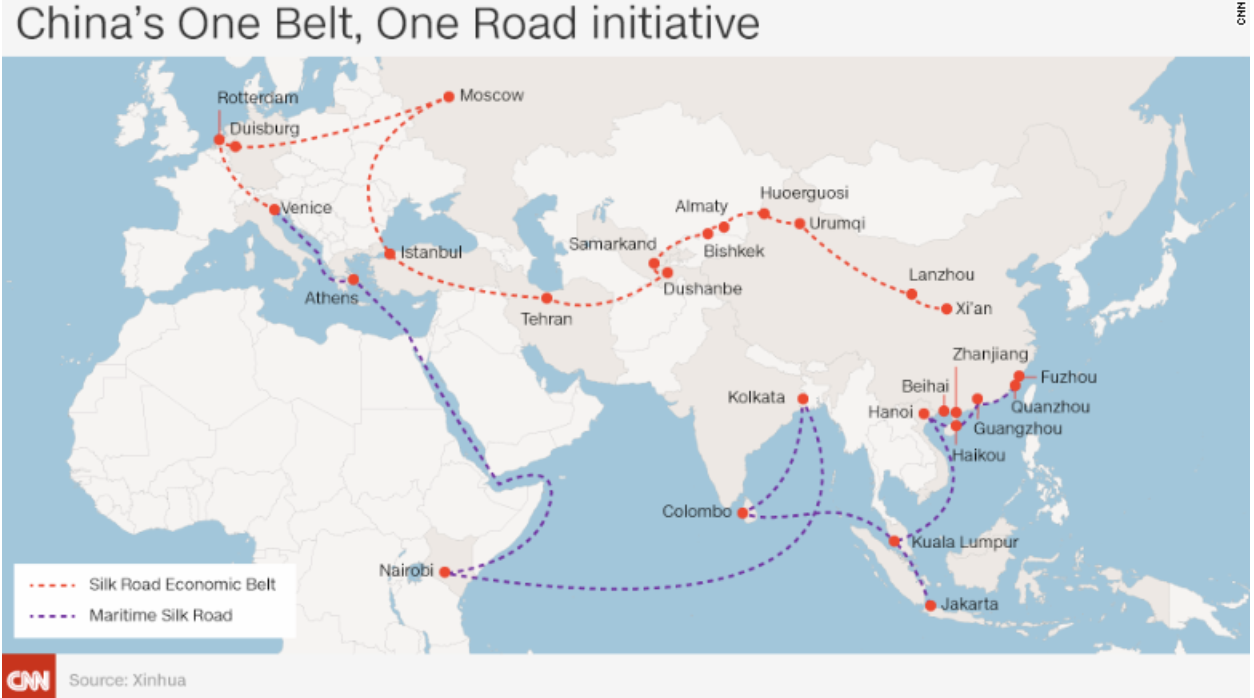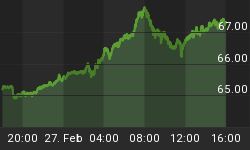China is a highly ambitious nation. Beijing unabashedly harbors dreams of world domination, first in the technology arena before eventually become a leading military power. The poster child of President Xi Jinping’s grandest ambitions, Made in China 2025 and the trillion-dollar Belt and Road Initiative (BRI), aka the Silk Road project, have faced a considerable political and geopolitical backlash in the past chiefly due to Beijing’s maverick and highly controversial style of doing business. It, therefore, comes as little surprise that Italy is now having to contend with an angry EU after the nation became the latest to join 1BRI network.
On Saturday, Italy became the first G7 nation to cozy up to China and its hyperscale infrastructural project after signing a €7 billion ($7.9 billion) deal that will see Beijing invest in the strategic Italian ports of Trieste and Genoa.
The two nations also signed a memorandum of understanding that will see an additional 10 deals worth up to €20 billion ($22.6 billion) consummated between Chinese and Italian firms in the steel, energy and gas pipeline sectors.
The European Union, however, is far from happy with the turn of events and wants the body to have the final say in such matters.

(Click to enlarge)
EU Veto right
EU budget commissioner, Günther Oettinger, has proposed giving the EU veto powers to scuttle any Chinese-funded infrastructure deals in Europe if the organization deems they do not serve its common interests.
Specifically, Oettinger is alarmed that the control of critical infrastructure of strategic importance including power networks and rapid rail lines and harbors could eventually end up in the hands of the Chinese.
But an even more interesting take came from German Foreign Minister Heiko Maas:
"Countries that believe they can do clever business with the Chinese will wonder when they suddenly wake up in dependency.’’
Although the spotlight is on Italy, it’s interesting to note that it’s by no means the first European nation to do business with China with Greece, Portugal, Poland and Hungary all having signed bilateral deals with the Asian nation.
Related: Gates And Bezos Back Artificial Intelligence Exploration Startup
Whether those deals qualify as ‘clever business’ as Maas puts it is for readers to judge.
Nevertheless, Maas’s clever business remark really hits the nail on the head. China does receive a lot of flak for mega projects like BRI, both at home and abroad. Some of it is simply as a result of countries becoming wary of the rapid rise of the economic superpower.
A lot of it is well deserved though.
China has been using BRI to establish soft power through methods that would qualify as bribery and helps promote corruption and financial impropriety. Unlike most Western lenders who place stringent conditions on lending partners related to human rights, corruption, or financial sustainability, China is far more libertarian and not keen on wielding the usual “Rules of the Road”.
This easy-going no-strings approach to investments has not only been fueling corruption but also saddling poor nations with massive debts.
Italy is one of Europe’s most indebted nations with its debt-to-GDP ratio of 124 percent being only second to Greece’s. Although the country narrowly avoided EU sanctions for its 2019 budget, its massive public debt pile of €2.3tn (£2tn) remains a major overhang and a big risk factor not only for the country but the region, too.
Last year, an independent report by US-based nonprofit think tank, Center for Global Development, revealed that no less than 8 of 68 BRI beneficiaries were at high risk of defaulting on their loans from China. Beijing has lately become much less tolerant with deadbeat debtors and is no longer keen on being seen as a lender or last resort as Venezuela, Sri Lanka, Tajikistan and Latin American have learned in recent years.
A recalcitrant Italy firmly resisted entreaties and warnings by the EU and American allies before putting pen on paper. While the move by the populist government crystallized shifting geopolitical balances, the country should carefully weigh its options so that lucrative offers in the short term don’t leave a bitter aftertaste.
As for China, its soft power strategy appears to be backfiring. Citizens of some BRI countries, including China itself, are accusing their governments of wasteful spending and pointing the finger at Beijing.
One such country is Malaysia where Mahathir Mohamad openly campaigned against BRI and Chinese influence to defeat the incumbent Prime Minister, Najib Razak. Far from establishing Chinese soft power, BRI could end up achieving the exact opposite.
By Alex Kimani for Safehaven.com
















